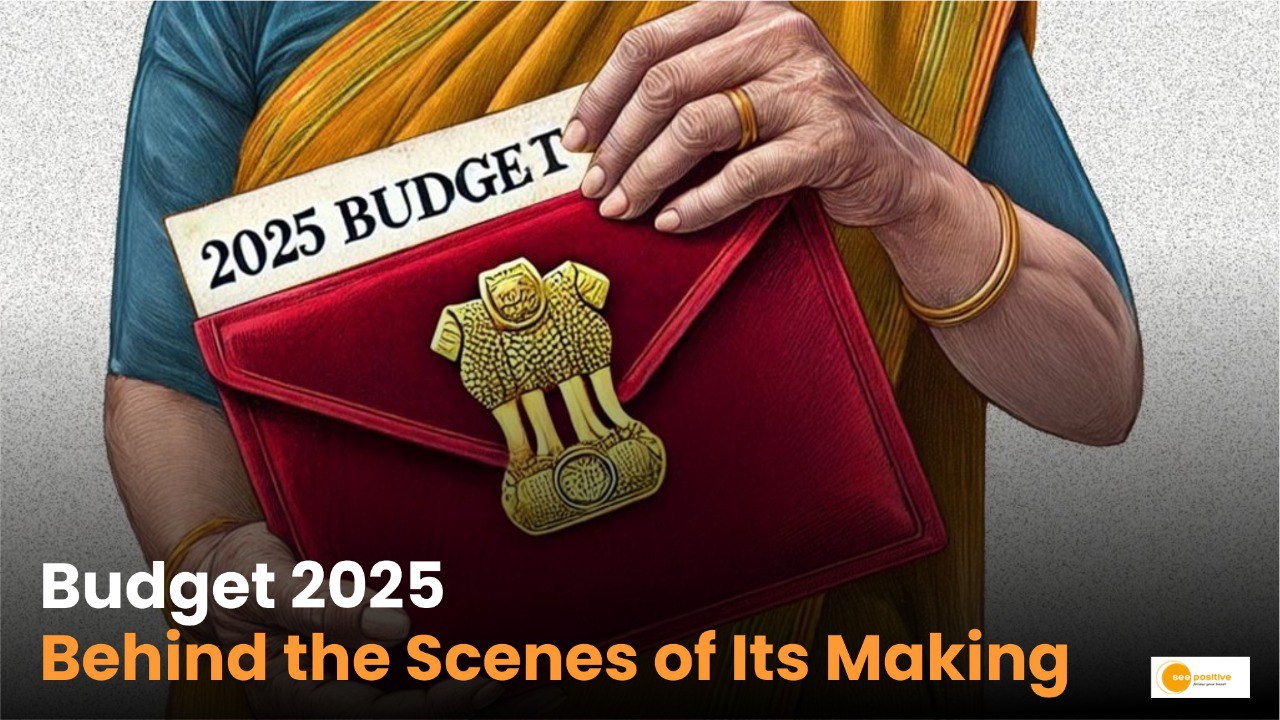The Union Budget of India is a significant annual event that outlines the government’s financial roadmap for the upcoming fiscal year. It is an extensive and detailed process overseen by the Ministry of Finance, in collaboration with various stakeholders, including NITI Aayog and other ministries. Let’s delve into the intricate process of how the Union Budget is prepared and what we can expect this year.
Understanding the Union Budget
The Union Budget, as defined by Article 112 of the Constitution of India, is a formal statement of the government’s expected revenues and expenditures for the fiscal year. This policy document outlines financial priorities and allocations, guiding the economic direction of the country. It is typically presented in February each year.
How the Union Budget is Prepared
The budgeting process begins around August-September of the previous year. The Ministry of Finance initiates the process by distributing a circular to all ministries, states, Union Territories, and autonomous bodies. This circular outlines the guidelines and formats for estimating expenditures and revenues. This initial step lays the foundation for the budgeting exercise, ensuring uniformity and adherence to financial norms.
Compiling Financial Estimates
The finance ministry compiles and reviews detailed estimates of revenue and expenditure. These estimates are crucial for calculating the overall budget deficit, which reflects the difference between government spending and income. This compilation involves meticulous data gathering and analysis to ensure accuracy and reliability.
Deciding on Fund Allocation
Based on the projected revenues and expenditure estimates, the finance minister determines the allocation of funds to various ministries and departments. This decision-making process involves consultations with key stakeholders and experts to ensure efficient and effective allocation of financial resources in line with policy objectives.
Stakeholder Consultations
The finance minister conducts consultations with various stakeholders, including state representatives, industry leaders, economists, trade unions, and civil society organisations. These discussions provide valuable inputs and feedback on proposed budgetary measures, reflecting diverse perspectives and addressing specific sector concerns.
Finalising Budgetary Decisions
After thorough discussions and evaluations, the finance minister finalises the budgetary demands. These decisions are reviewed and approved by the Union Cabinet or the Prime Minister, ensuring agreement on critical fiscal policies and allocations.
The ‘Halwa Ceremony’
A symbolic event known as the ‘Halwa ceremony’ marks the final stage of budget preparation. Hosted by the finance ministry, this tradition signifies the beginning of printing the budget documents. The ceremony underscores the significance of the budget process and fosters a sense of camaraderie among the officials involved.
Presenting the Budget
On the scheduled date, the finance minister presents the Union Budget in the Lok Sabha. This presentation outlines the government’s financial roadmap, including revenue generation strategies, expenditure priorities, fiscal policies, and economic reforms aimed at promoting growth and development.
Making Budget Information Public
Budget-related documents, including the budget speech, annual financial statement, and detailed allocations, are made available to Members of Parliament (MPs) and the general public through the ‘Union Budget Mobile App’ and official government websites. This transparency ensures that all stakeholders have access to crucial financial information.
Positive Takeaway
By understanding the detailed process of budget preparation and the anticipated focus areas, stakeholders can better comprehend the government’s financial strategy and its implications for various sectors.


